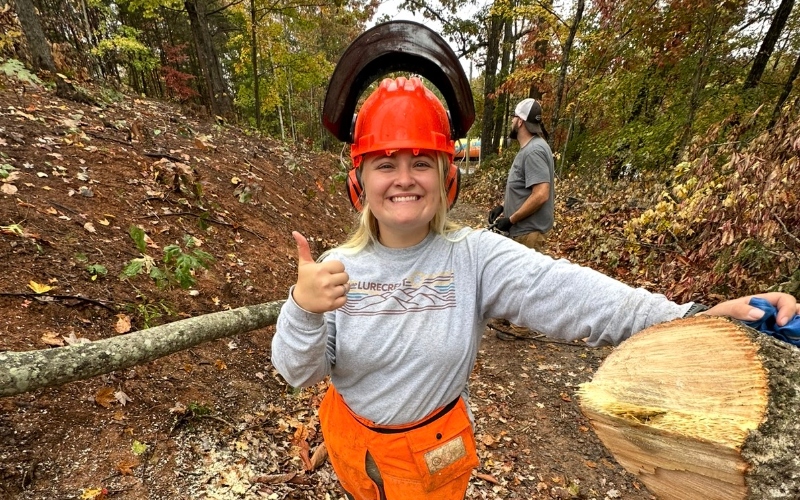How do we help teens navigate dating?
Published 10:56 am Tuesday, August 13, 2024
|
Getting your Trinity Audio player ready...
|
By Diane Nelson
In last week’s column, we discussed the definition of interpersonal violence as it is seen in teenage dating. Some of the red flags include emotional and psychological indicators such as changes in teen behavior, depression, or anxiety. Let’s not forget the impact on grades and relationships with friends and family.
Understanding teen dating from their perspective is crucial. It helps us guide them in fostering healthy relationships. So, how do we help teens navigate?
First, gather as much information as you can from various sources. This will enhance your understanding of teen dating from their viewpoint.
Be prepared for spontaneous conversations about dating. You never know when or what will initiate a dating or relationship chat. Familiarize yourself with the resources available on the internet. A simple search for “teen dating” will provide you with a wealth of information. Spend some time exploring these websites before you refer your teen to them. They will give you topics of conversation for healthy vs. unhealthy relationships.
Second, learn the red flags and warning signs of Teen Dating Violence. LoveIsRespect.org dedicates its entire website to teen dating. The website talks directly to teens, encourages them to make healthy choices, and points out the dangers and characteristics of unhealthy relationships.
Third, get familiar with boundaries. Boundaries are the “invisible lines” that define how people expect to be treated and what they will tolerate. They are essential in establishing personal space and respect and will help deter controlling or harmful behavior from others. Once a teen establishes his/her own clear and firm boundaries, they must then learn to communicate those boundaries with confidence while respecting the boundaries of others. This step is critical in empowering young people to assert their independence, foster mutual respect, and help identify and prevent manipulative or abusive behavior.
Healthy boundaries contribute to balanced, respectful relationships where both partners feel safe and valued. When teens just want to fit in, personal boundaries are crossed all the time. They need support to understand, establish, communicate, and maintain good boundaries. This is hard—for everyone! It will also help build trust, keep the lines of communication open between you, and empower them to become confident in their healthy choices.
Next week, we will discuss the effects of unhealthy relationships on teens and the resources to help. For more information or to seek help, contact Steps to Hope, a domestic violence and sexual assault center serving Polk County and the Upstate.






